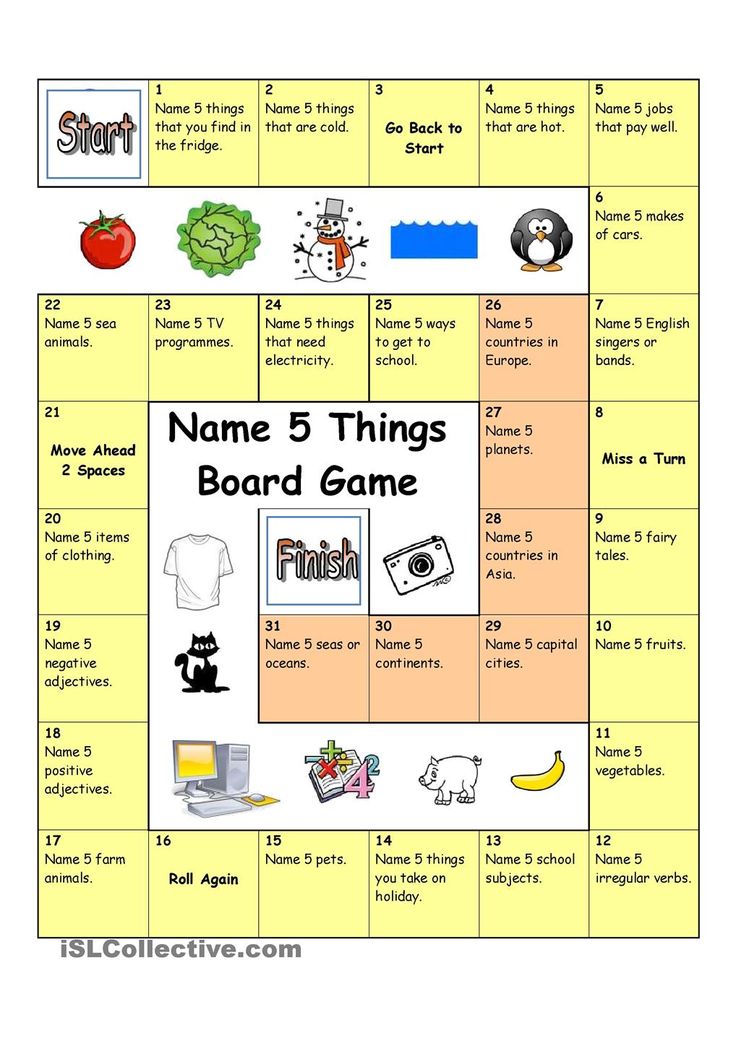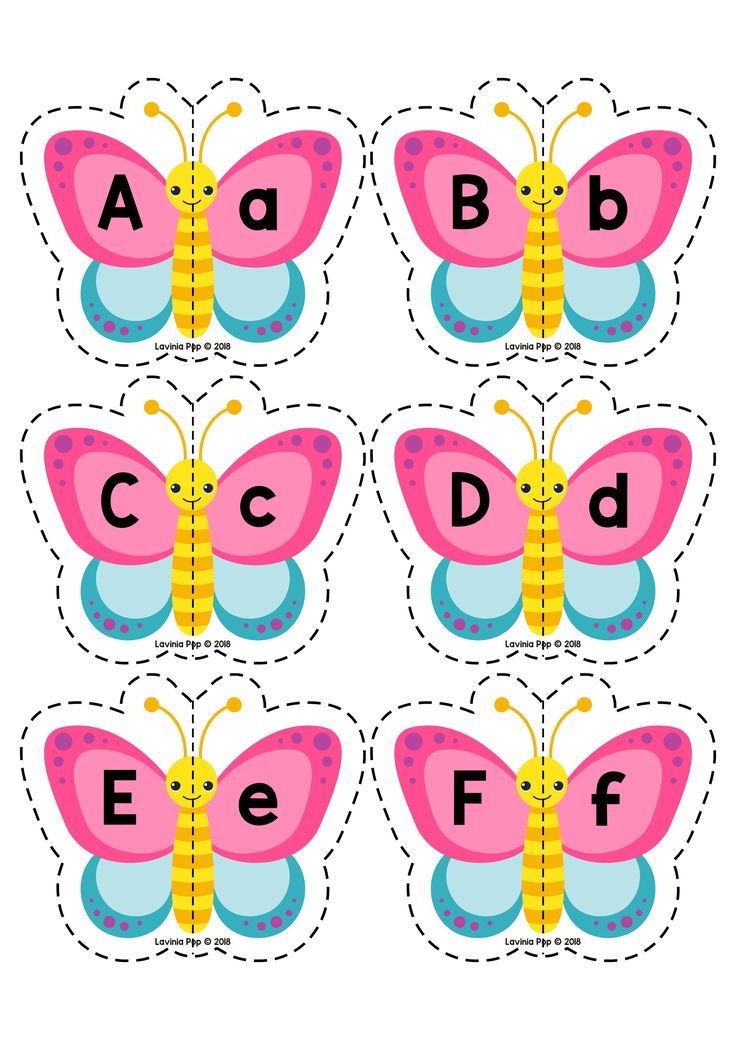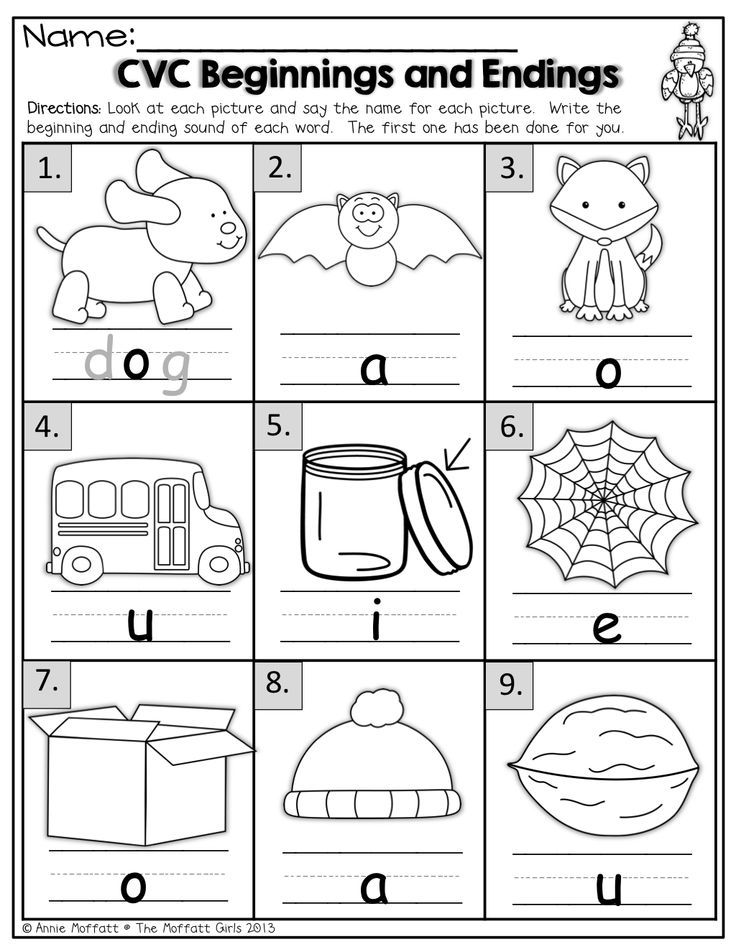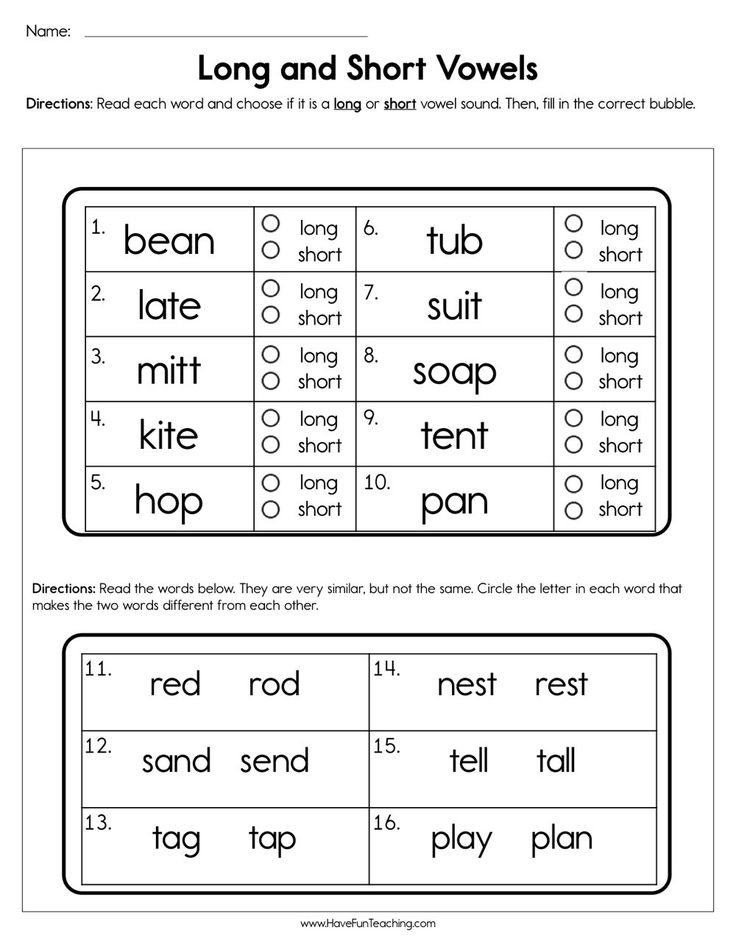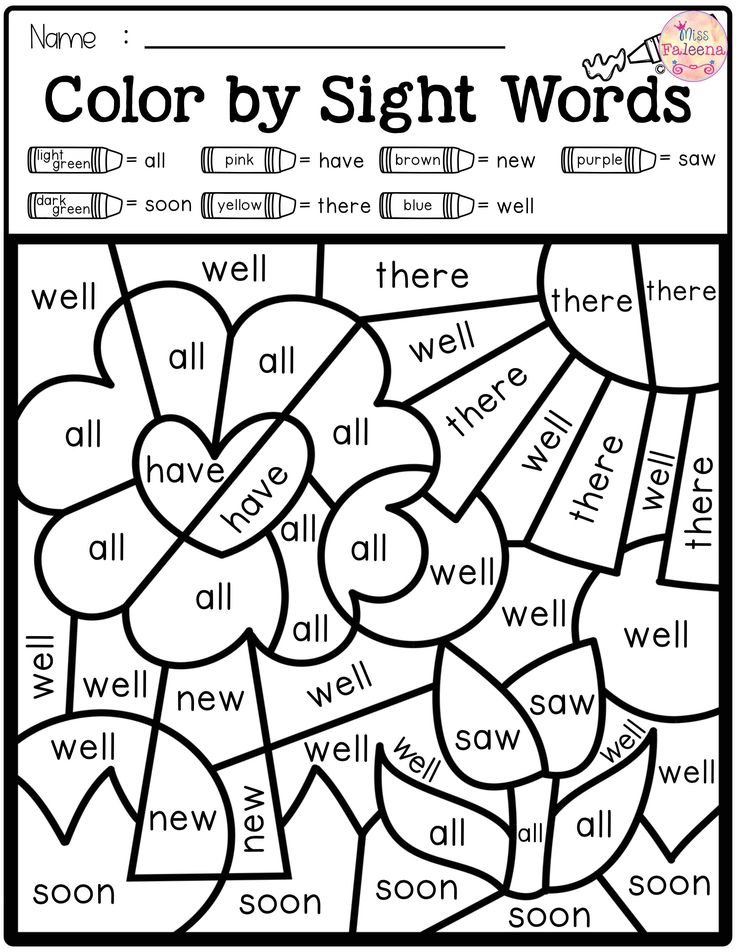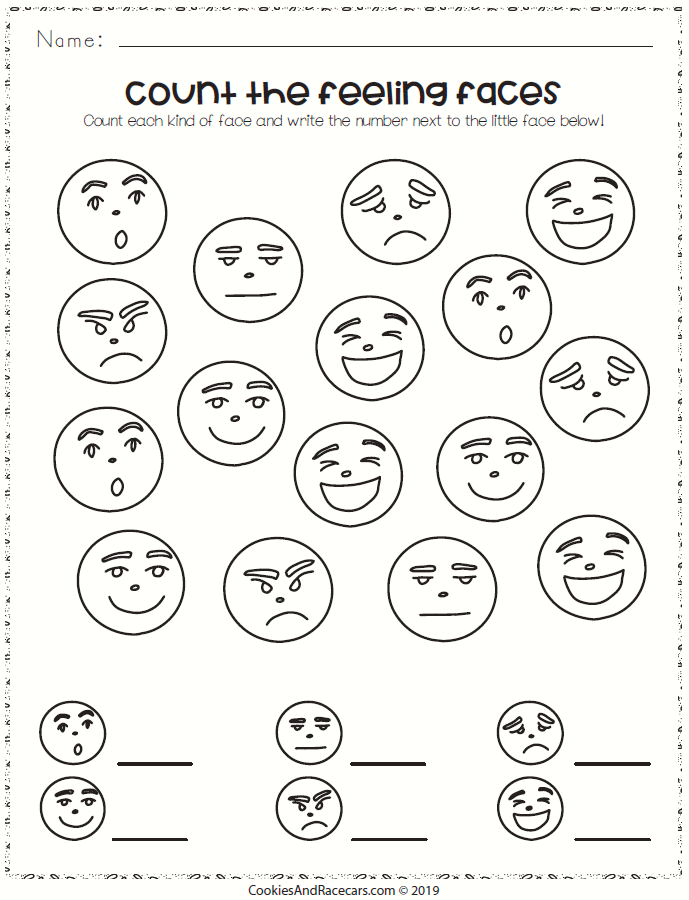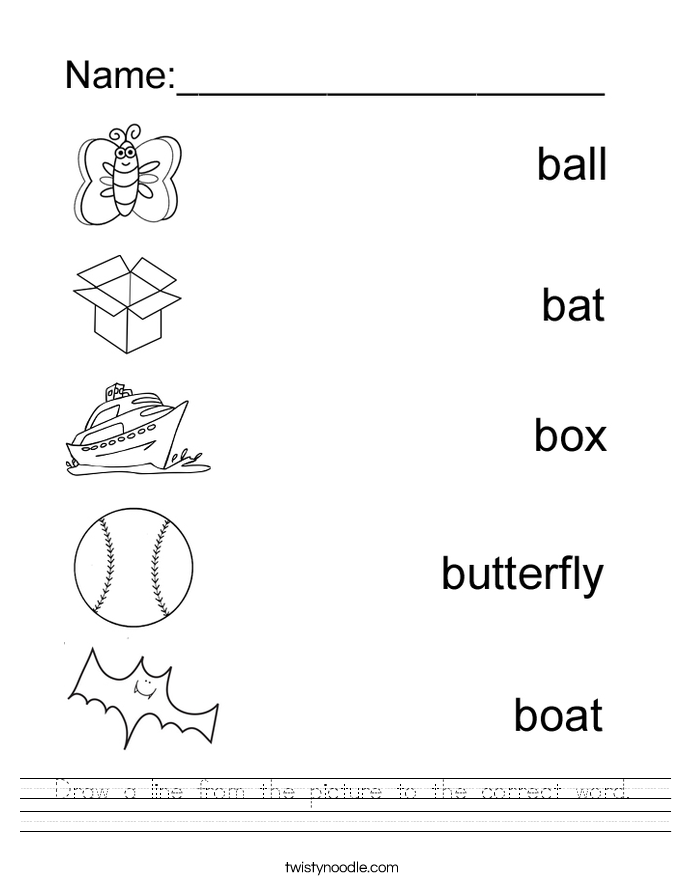How to prepare child for kindergarten
How to Get Your Child Ready for the First Day of Kindergarten
Kindergarten is a major step for young children — their first day of “big kid” school. As exciting as this time may be for some, many kindergarteners struggle initially with the long days, challenging curriculum and time spent away from loved ones.
To get your student ready to learn, child psychologist Amie Bettencourt from the Division of Child and Adolescent Psychiatry offers helpful tips.
What can parents do to help prepare?
Establish strong routines at home.
Routines help children learn, make them feel safe and in control of their world, and foster their self-confidence and sense of belonging within the family. Some key family routines that will help children feel ready for kindergarten include:
Bedtime Routines
Bedtime routines ensure kids get a good night’s sleep and will be ready for the next day’s adventures. Some important parts of a bedtime routine include a consistent bedtime and a predictable order of activities (e. g., take a bath, put on pajamas, brush teeth, read favorite story or sing favorite song, get a goodnight hug or kiss from their caregiver).
Reading Routines
Parents are encouraged to read with their children for at least 20 minutes a day to build language and literacy skills. This reading routine can be part of the bedtime routine or at another time convenient for you and your child. A good way to make this time child-centered (and increase your child’s enjoyment and engagement in this time together) is by letting your child pick out the book.
Family Mealtime Routines
Having a family mealtime routine is not only an opportunity to teach your children about healthy eating habits, but is also a chance to spend quality time talking with your children, which builds their language and strengthens their relationship with you. You can also build in routines around mealtime that will be useful to your children in school, such as washing your hands before dinner or teaching them how to clear dishes from the table.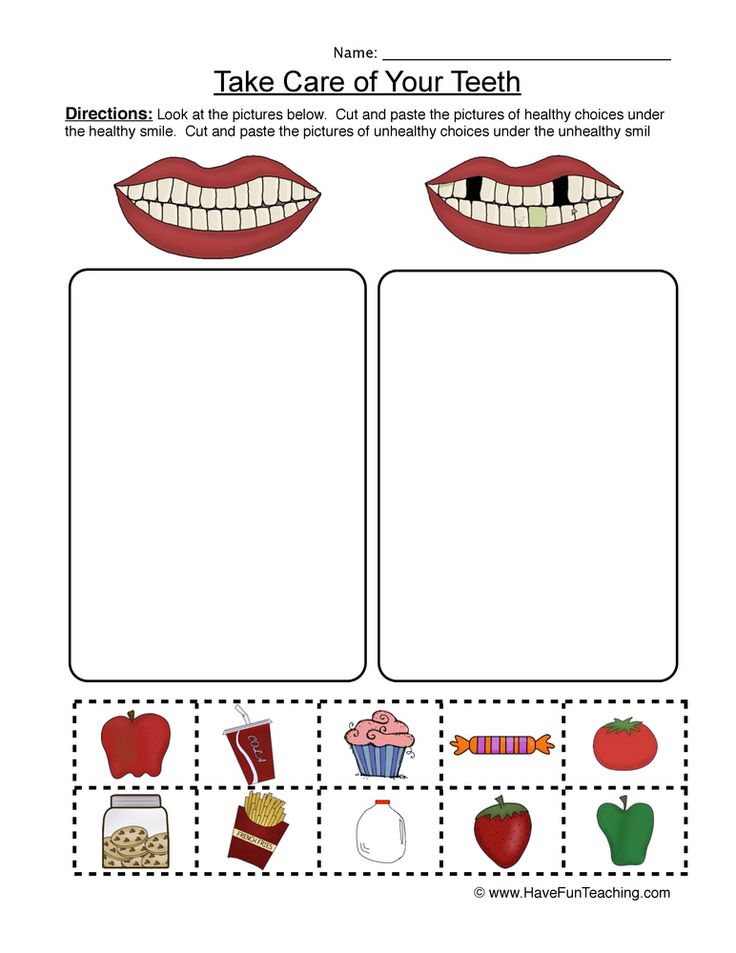
Stay up to date with vaccinations.
Take your child to the pediatrician for a checkup, and make sure all immunizations needed for kindergarten are up to date.
Tell your child what to expect.
Talk to your child about what kindergarten will be like to help them start preparing for this big transition. Children often have lots of questions about kindergarten, particularly if they are starting at a new school.
- Spend time talking with your child about what kindergarten will be like (e.g., who will be the teacher, what will the daily school routine look like, etc.).
- Involve him or her in picking out their school materials (e.g., backpack, clothes, etc.).
- You can also talk about what going to kindergarten was like for you as a way to model how your child can share feelings about kindergarten.
Once school begins, what are some conversation starters parents can use to get their child talking about school?
Ideally, talking with your child about school should be part of your family’s daily routine. Talking with your children not only gives you an opportunity to learn what they are doing in school and how they feel about school, but also provides an opportunity for you to communicate that school is important.
Talking with your children not only gives you an opportunity to learn what they are doing in school and how they feel about school, but also provides an opportunity for you to communicate that school is important.
But getting conversations started with your young child about school is not always easy, as some children provide very little detail in response to the question, “How was school today?”
So here are a few other ways that you can get the conversation started with your children about school:
- Ask your children to tell you one new thing they did or learned about in school that day.
- Ask your children to tell you one thing they liked and one thing that was difficult about school that day.
- Ask your children about who they played with in school and what games they played.
- Create a family routine around talking about your day. For example, during mealtime or another time when you are spending time with your children, you can model how to talk about your day by sharing one or two things that you did that day and then asking your children to share one or two things about their day.
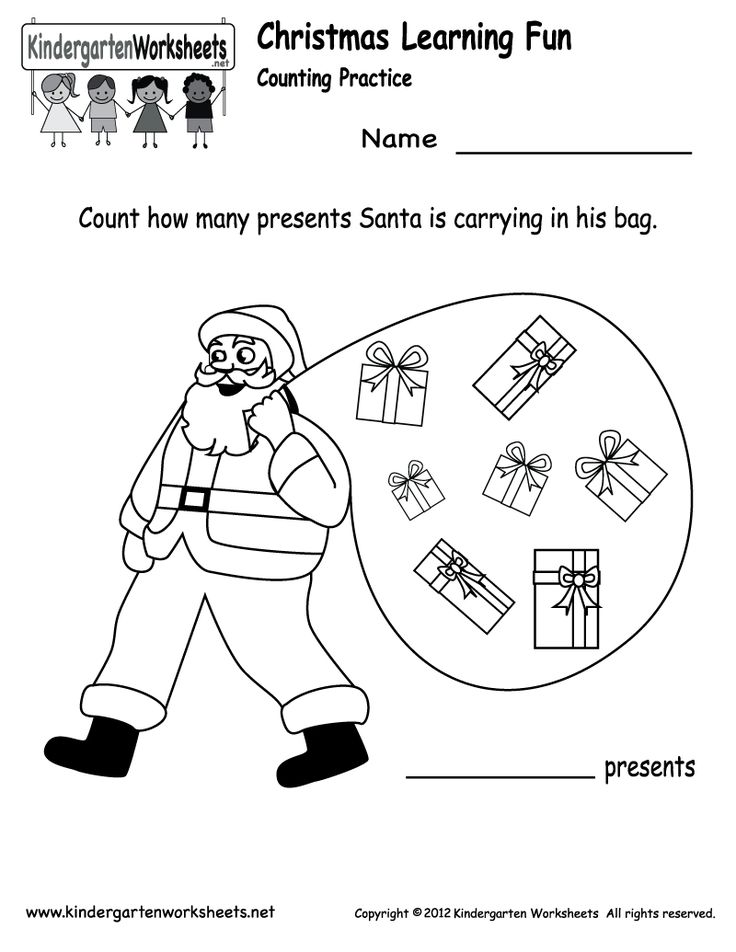
What specific aspects of kindergarten do new students struggle with?
Kindergarten is much more rigorous today than when most parents were growing up. In fact, children spend much more time engaged in structured reading and math activities than time spent in socialization and play-based learning. As a result, there is a mismatch between a child’s developmental stage and the academic skills he or she is required to master. Below are some of the issues that new kindergarteners may struggle with:
- A longer school day . Many children transition to kindergarten from half-day preschool programs, so spending a full day of school engaged in structured activities can be a difficult adjustment for them.
- Transitions . Transitioning from one activity to another is challenging for most young children, particularly when they have to stop a preferred activity (e.g., playing) to engage in something challenging (e.g., learning to read), and a typical kindergarten school day is full of these transitions.
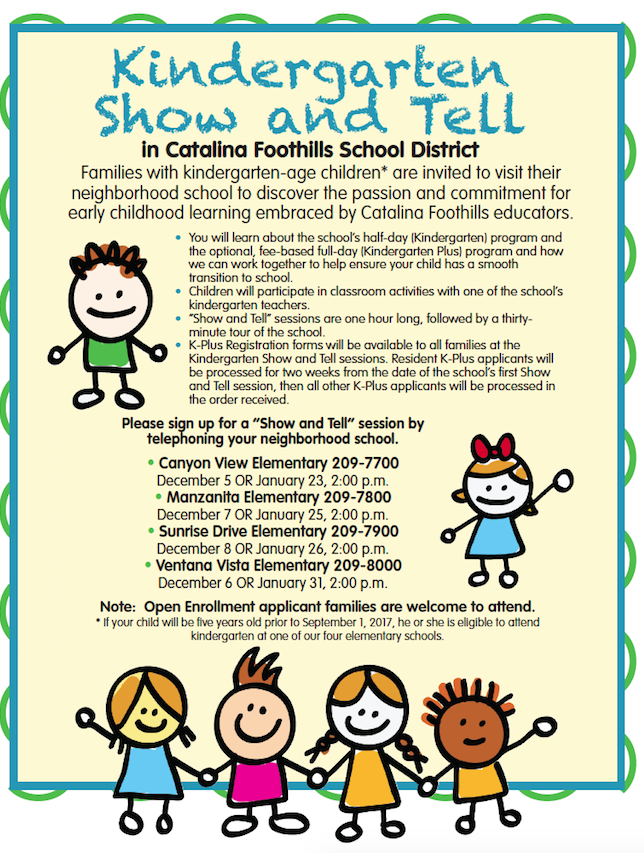
- Sitting still and paying attention for long periods of time. The format of kindergarten has become much more structured and passive in nature, meaning young children are being required to sit still and pay attention to their teacher and to schoolwork for longer periods of time. This can be challenging for many kindergarteners who are still developing self-control and skills that help them sit still, focus and follow directions.
What are signs that a child isn’t adjusting well to kindergarten?
- The teacher reports that your child is having significant difficulty listening and following directions at school.
- Your child becomes verbally or physically aggressive toward peers or school staff.
- Your child has frequent temper tantrums at school.
- Your child expresses reluctance about getting ready for school in the morning. This may manifest as taking a long time to get ready in the morning, or saying things like “I don’t want to go to school” or “I don’t like school.
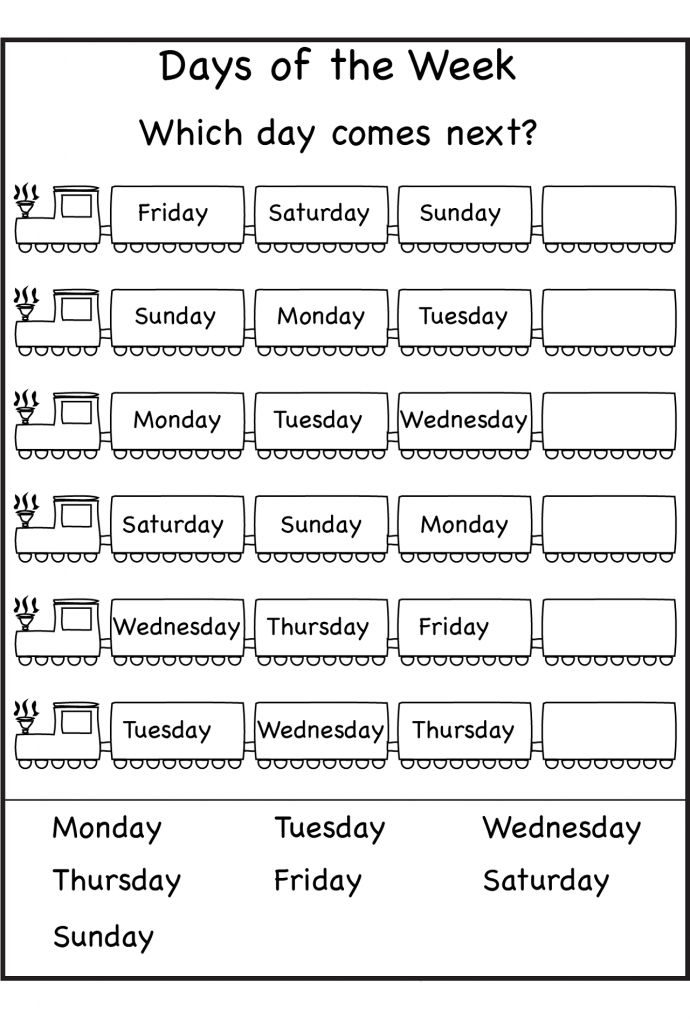 ”
” - After a month or more of school, your child is still very tearful and clingy with you when you drop him or her off at school in the morning.
- Your child appears more sad, worried or irritable than before school started.
- Your child is having repeated daytime toileting accidents while at school.
At what point should parents consider seeking professional help?
- Your child is engaging in frequent disruptive behaviors at school (e.g., temper tantrums, verbal or physical aggression toward school staff or other children, destruction of classroom property, leaving the classroom without permission, etc.).
- Your child is frequently getting in trouble at school.
- Your child is displaying a lot of anxiety about school, which may take the form of expressed worries about teachers, peers or schoolwork and significant efforts to avoid going to school.
- Your child is more frequently tearful, sad or irritable and reports less interest in activities he or she typically enjoys since school started.

- Your child is having frequent toileting accidents at school despite being toilet trained for some time.
How to Prepare Your Child for Kindergarten
Kindergarten is a big change kids will face. Learn 12 ways to prepare your child for kindergarten that will help her adjust to a new school.
Even if your child had been going to preschool, transitioning to kindergarten can still feel nerve-wrecking.
She’ll meet new friends and teachers she’d never seen before. The school will have a different schedule than what she’d been used to. And the campus itself—already so big compared to preschool—can feel intimidating.
No wonder preparing for kindergarten can feel daunting—for both parent and child.
12 ways to prepare your child for kindergarten
Despite the years my kids had spent in preschool, kindergarten felt like a whole new world. They’d attend morning assembly with 500+ other students—all of them older. They’ll hear school bells announcing recess and lunch. I worried how they’d fare on the playground, with many more kids to contend with.
They’ll hear school bells announcing recess and lunch. I worried how they’d fare on the playground, with many more kids to contend with.
Thankfully, you can do plenty at home to prepare your child for kindergarten.
You can change your daily habits to mimic what to expect, and show her that kindergarten can be an exciting and seamless change. Take a look at what you can do right at home, whether she’s been in preschool or not:
1. Give your child chores
Your child’s kindergarten teacher will assign simple tasks to the students, like putting mats away or turning on the lights. Start your child on general chores around the house, from picking up toys and putting clothes in the hamper.
If she seems keen or able to do any task, assign it to her. The tasks will take longer than if you were to do them (15 minutes to wipe down the table?!). But you’re nurturing self-sufficiency skills and promoting a community-minded mentality.
Free printables: One fantastic way to track her chores is through writing it down.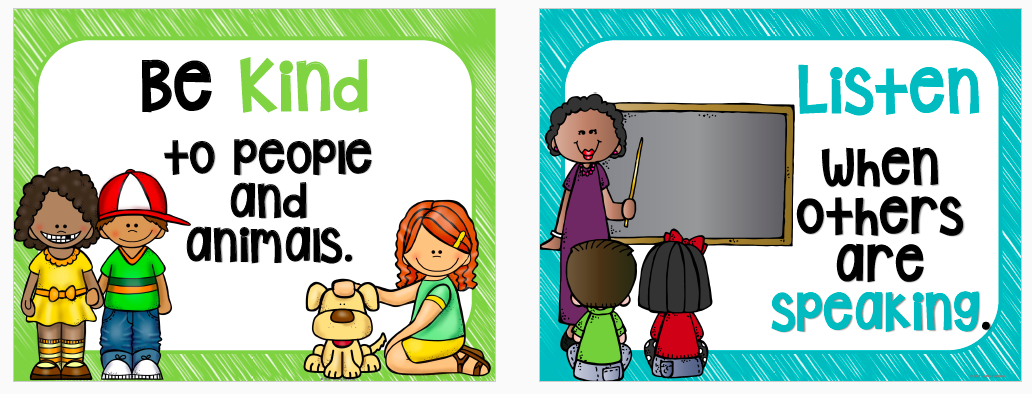 Join my newsletter and grab your Printable Chore List templates to help the both of you organize chores!
Join my newsletter and grab your Printable Chore List templates to help the both of you organize chores!
2. Get familiar with the school
Few schools will allow students to tour the campus the way you might a preschool. In fact, the first time she’ll meet her kindergarten teacher will likely be on the first day of school. How can you help her get familiar with the school, even during the summer?
- Walk around the building. You might spot the playground, the school garden, or the restrooms
- Attend back-to-school night. Many schools will open their classrooms for a meet and greet with the teachers before the first day of school. That way, she’ll get to see her classroom and meet her teacher ahead of time.
- Find her teacher’s photo on the school’s website. Many schools will show photos of the teachers and even offer a brief bio. Once you know the class she’s assigned to, you can find her teacher on the website.

3. Read every day
I can’t say enough about the benefits of reading. Read together, both with you reading aloud and encouraging her to sound words as well. Get her excited about story time and learning, and borrow books from the library so she can cycle through stories every week.
Read books about kindergarten—the stories will help her get excited for school and ease her fears.
Sing or play the ABC song so she knows the order of the alphabet. And count up to the number 12 (that’s the number my son’s school suggested that kindergartens should know before school starts).
4. Practice using safe scissors
If your child hasn’t been practicing cutting paper, now is the time to start trying.
Buy child-safe scissors, along with sturdy, thick paper. Have her cut straight lines across the paper, or you can draw shapes she can cut out.
As always, make it fun! For instance, glue the pieces she cuts onto another piece of paper or poster as an art piece.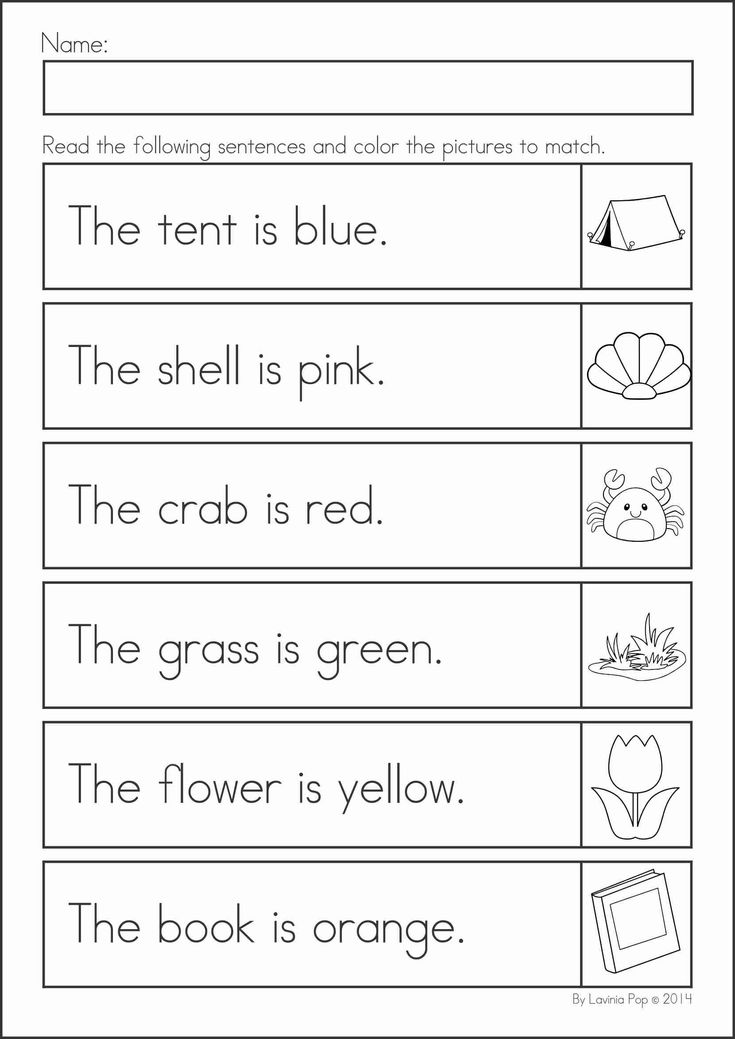
5. Encourage social skills
Turn-taking, listening, and following the rules are important social skills in kindergarten.
If your child has siblings, cousins, or play mates, guide him through proper social conducts. Don’t force them to share, but encourage turn-taking and playing together as an alternative.
Enforce good listening, so that if someone is talking, he has to wait his turn before speaking. And acknowledge him when he follows rules and instructions.
And remind him to be kind. He’ll meet many new people—some nice, others not. Some might show familiar and common traits, while others will feel like a culture shock.
Explain that it’s fine to disagree, to feel hurt, and even to feel frustrated, but we can’t be mean. Teach him coping methods like telling someone “stop,” walking away, or telling an adult.
And as always, teach empathy. Mention other people’s emotions and how they relate to his. Remind him to put himself in other people’s shoes and think about what they must feel like. And say how his actions can affect others around him.
And say how his actions can affect others around him.
6. Sleep (and wake up) early
A few weeks before school starts, your child should sleep at a decent hour—many sleep experts recommend no later than 8:30pm. That should be enough time to sleep through the night and early enough to feel refreshed in the morning.
You might have to adjust bedtime and wake up time depending on when you plan to leave the house. Wake your child at least an hour or an hour and a half before you leave. This should give her enough time to wake up and squeeze in some play or downtime before leaving for school.
7. Practice putting on their own clothes
Still helping your kiddo pull his legs through his pants? Help him become more self-sufficient. Kindergarteners are more independent than preschoolers and can learn how to put most of their own clothing on.
Show him where the tag is on each pair of pants or shorts and explain that that goes in the back. Show him how to pull his shirt down over his head, and how to slip his arms through sweaters and jackets.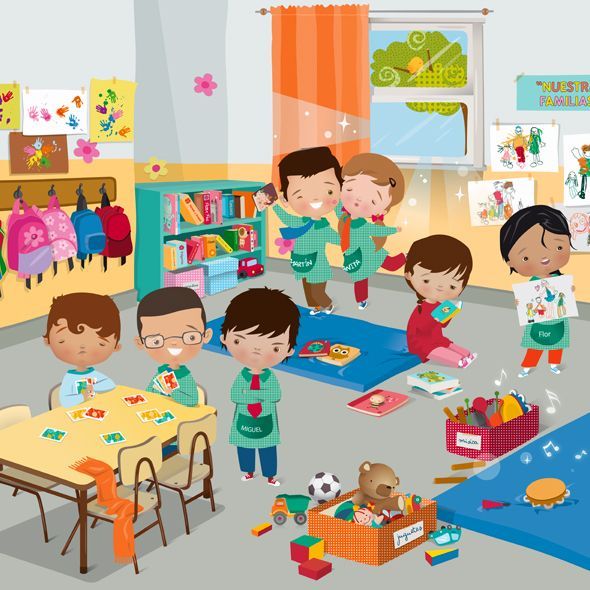 Practice buttoning pants and shorts.
Practice buttoning pants and shorts.
Not only will he be able to dress himself in the mornings, he’ll also be able to use the restroom with ease or remove his jacket as needed.
Learn about how to teach your child to dress himself.
8. Start your mornings with a good breakfast
Breakfast should be easy and simple but healthy and filling as well. Teachers love it when kids come to school after having eaten a hearty breakfast, since this helps them stay alert and avoid hunger.
Our weekday breakfasts are pretty consistent and simple, and include:
- Oatmeal with milk and chopped dates, paired with a fruit
- Yogurt parfait with granola, honey, and chopped fruit, along with toast
- A bowl of cereal and milk with a side of fruit
Each morning should start with a healthy breakfast. Your child will feel less sluggish during the day and will be able to stave off hunger.
9. Discuss the logistics
Even if you’re not familiar with the school yet, talk about the logistics that you do know about.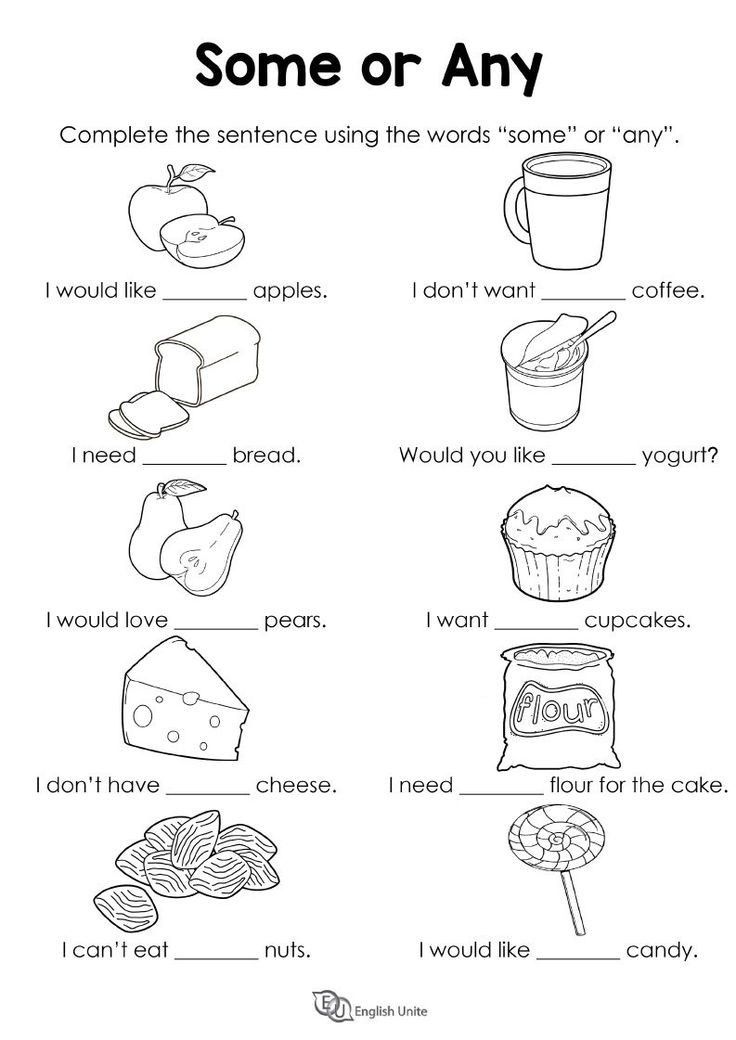 For instance, what will your child eat for lunch—will it be cafeteria food or a lunch she brings from home? Which food will she be eating for snack during recess?
For instance, what will your child eat for lunch—will it be cafeteria food or a lunch she brings from home? Which food will she be eating for snack during recess?
Talk about what the morning assembly might look like, and how she’ll line up along with the rest of her classmates. Explain that she has her water bottle in her backpack any time she feels thirsty.
Then, discuss what will happen after school. Who will pick her up, at what time, and where? Will she be going to an after-school program? If so, where is that located?
While you don’t want to overwhelm her with too many details, give her just enough so she knows what to expect.
10. Arrive on time
This should be a rule for every day, but it’s a must on the first few days of kindergarten. Arrive on time (or, if you’re like me, arrive earlier than later).
After all, you might not be familiar with the campus, either. Give yourself plenty of time to find parking, find and meet his teachers, and get him settled into class.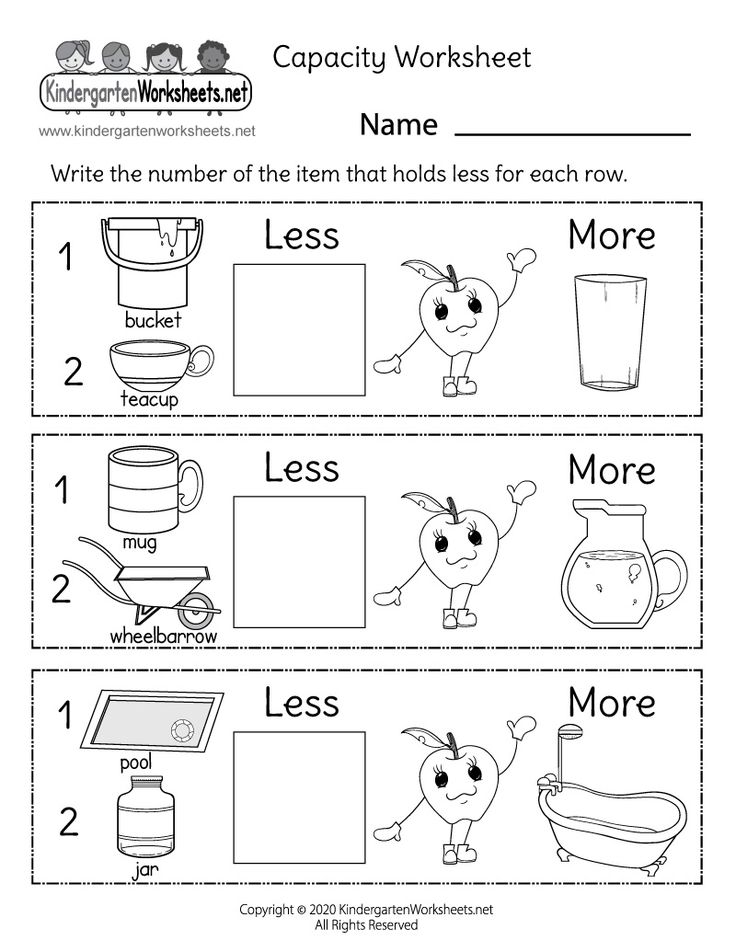
There’s nothing worse than feeling like you’re late and rushing through your morning. With plenty of time in the morning, any hiccups you face—a forgotten water bottle, getting lost—won’t feel so bad.
11. Leave your child cheerfully
Many schools will welcome parents on campus for the first few days, whether to attend morning assembly or even enter the classroom. But I highly recommend that you not linger for too long. Your child might cling onto you even more because you continue to stay and comfort her.
Instead, leave after she’s settled or when the teacher says to—all without drama. She needs to know she’s in safe hands, not in an environment where you have to comfort her. In leaving swiftly but cheerfully, you reassure her that she should be in class and that you’re happy she’s in school.
12. Embrace this exciting new change in your child’s life
Your child will take his cues from you. When you worry, he’ll worry. But when he sees you excited for him, then he’ll enter kindergarten with a positive mentality.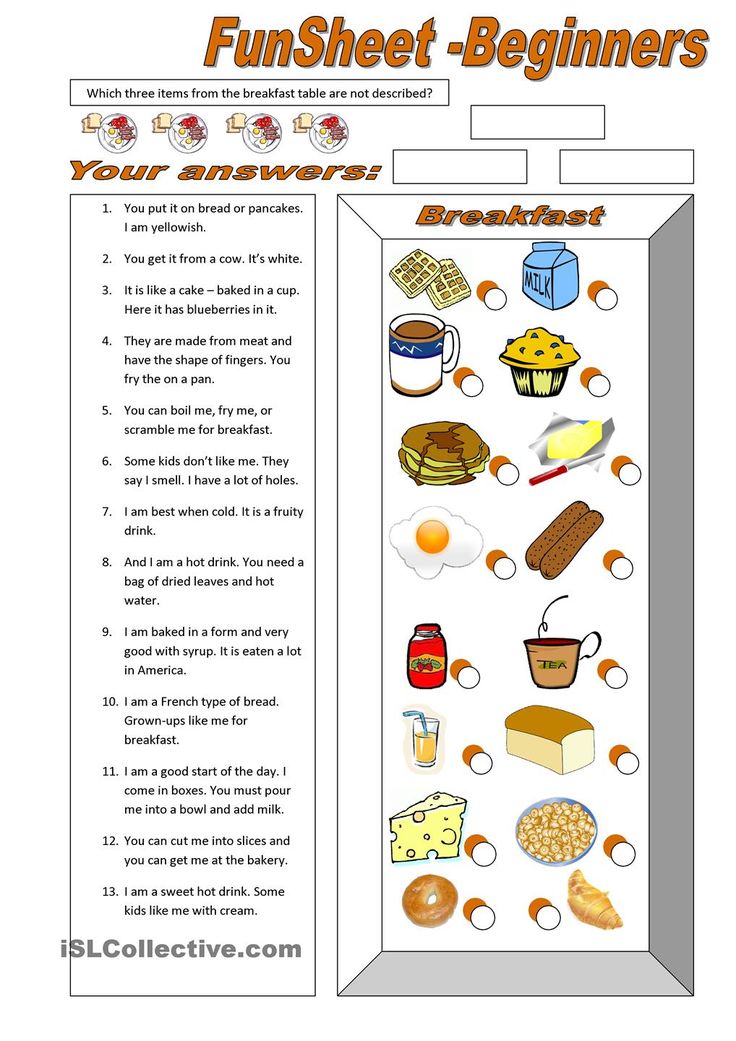
It’ll be scary, no doubt. He’ll have no idea where the restrooms are, or when lunch time will be. He won’t know if the teacher is kind or if the other students will play with him.
But with your support, he’ll come better prepared to enter this new and exciting change. There may be some tough days (“I don’t want to go to school anymore!”). But he’ll remember kindergarten and thrive in its environment.
Conclusion
Going to kindergarten can feel nerve-wrecking for both parent and child (“Wasn’t she just two-years-old a second ago?”). But with these tips, you can make that transition much smoother for everyone.
Assign her chores at home so she can contribute in the classroom. Get familiar with the campus so it looks familiar on the first day of school. Read every day, and practice using child-safe scissors. Encourage good social skills, whether with her siblings or other friends.
Sleep and wake up at a decent around, and encourage her to dress herself, especially when using the bathroom or putting on a jacket. Start your mornings with a good breakfast so she’s alert and ready to go. Talk about the logistics you know, from school pick up to handling lunch.
Start your mornings with a good breakfast so she’s alert and ready to go. Talk about the logistics you know, from school pick up to handling lunch.
Arrive on time (or even earlier) so you don’t rush. Leave cheerfully so she can sense your confidence. And embrace this new chapter in her life—she’ll take your cue from you and face kindergarten with the same gusto.
Kindergarten can feel daunting, but now she’ll know what to expect—and learn to love this new chapter in her life.
Get more tips:
- What Every Kindergartener Should Know by the End of the Year
- Children’s Books about Kindergarten
- How to Deal when Your Child Cries at Drop Off
- The Best Children’s Books That Introduce Kids to Math Concepts
- Cool Science Kits for Kindergarten Kids
Don’t forget: Join my newsletter and grab your Printable Chore List templates—at no cost to you:
full review – “Healthy Child Internet Cabinet”
Preparing for kindergarten is a very responsible business. Most parents believe that it is necessary to prepare a child for school, but few people think that kindergarten readiness is equally important. Kindergarten maladjustment is quite common. For a baby, separation from his mother and a new team that he will have to join is a real stress. Some kids do not want to go to kindergarten and arrange real concerts in the morning, up to tantrums.
Most parents believe that it is necessary to prepare a child for school, but few people think that kindergarten readiness is equally important. Kindergarten maladjustment is quite common. For a baby, separation from his mother and a new team that he will have to join is a real stress. Some kids do not want to go to kindergarten and arrange real concerts in the morning, up to tantrums.
In order for a child to cross the threshold of a kindergarten relatively painlessly, to get used to new conditions and requirements more easily and quickly, it is necessary to prepare him in advance. The task of parents is to facilitate the stage of adaptation of the child to kindergarten.
At what age is it better to send a child to kindergarten?
This issue needs to be resolved only within the family. Here the psychological readiness of parents and the child is important. It is almost impossible to choose the optimal age for kindergarten, each period has its pros and cons.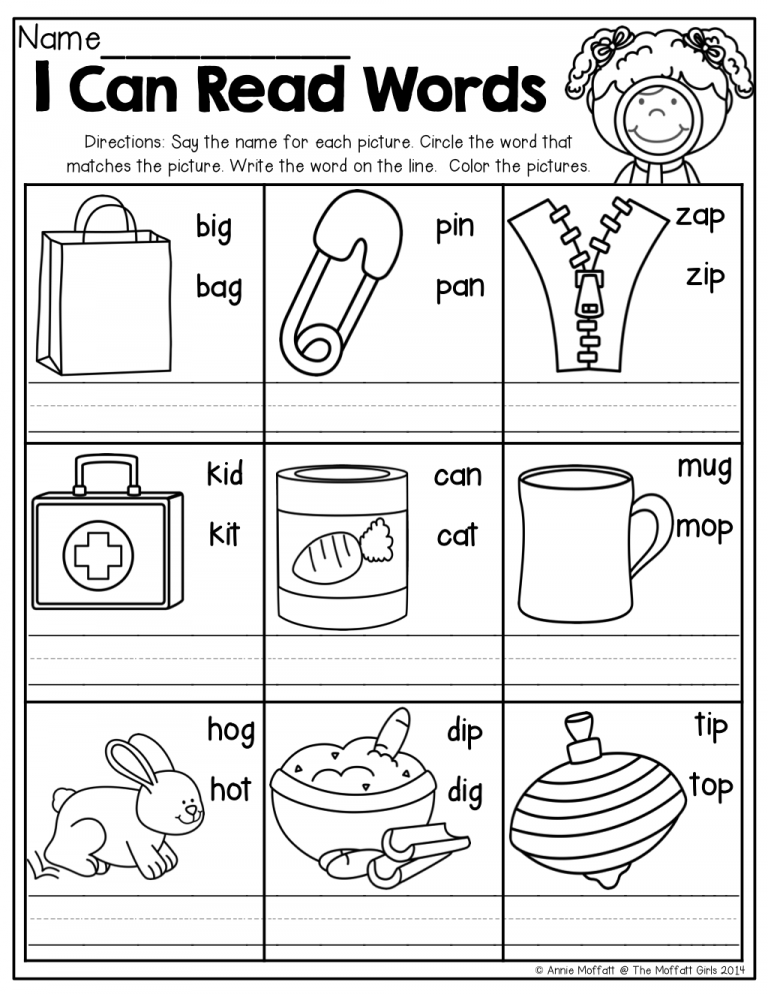 Nevertheless, there are some patterns of child development that can and should be used in order to facilitate the process of adaptation for the baby.
Nevertheless, there are some patterns of child development that can and should be used in order to facilitate the process of adaptation for the baby.
1-2 years. The younger the child, the easier he gets used to everything, but why teach the baby to do without a mother at an age when he especially needs her? Up to 2 years, parents and relatives are quite capable of providing the baby with the society necessary for socialization.
In psychology, there is such a thing as "separation anxiety", i.e. anxiety that occurs in the baby during the period of separation from the mother. In this state, the child's cognitive activity decreases, appetite and sleep worsen, and even the temperature rises slightly. Many children who are sent to a nursery experience something similar. Of course, the acute period passes quite quickly, but this does not mean at all that the baby likes the changes that have happened in his life, in fact, the child is simply doomedly resigned to the new conditions, because.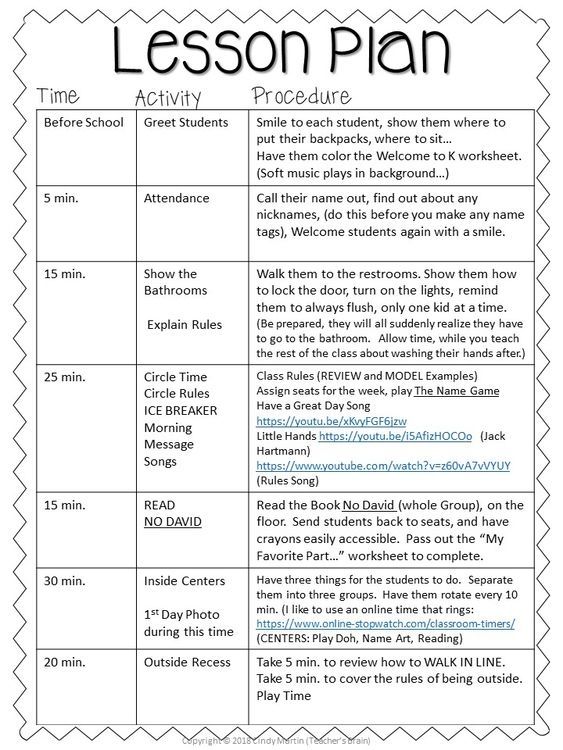 he has no other choice. That is why it is necessary to send the baby to the nursery only if the mother is really forced to go to work.
he has no other choice. That is why it is necessary to send the baby to the nursery only if the mother is really forced to go to work.
2-3 years. The kid already feels quite independent. But do not forget that right now the child is entering the period of the “crisis of three years”. Having succumbed to the temptation to give the capricious who is always whining and shaking the rights into the strong hands of teachers, parents risk missing the opportunity to establish normal relations with the child. In order to prevent this from happening, it is very important to maintain a reasonable balance between the garden and home realities, namely, do not leave the child in the garden until late, devote the maximum amount of time to communication and playing together.
3-4 years. At this age, the child really knows how to play together, and not next to peers. In addition, the baby is able to understand and accept the fact that mom and dad need to go to work every day. In other words, the child is quite ready for regular visits to kindergarten, and therefore, getting used to a new life goes more smoothly.
In other words, the child is quite ready for regular visits to kindergarten, and therefore, getting used to a new life goes more smoothly.
Adaptation to kindergarten
The first stage is preparatory.
The preparatory stage begins approximately 3-6 months before the direct visit to the kindergarten, so that a change in lifestyle and daily routine does not become a painful and unpleasant experience for your crumbs.
1. We start by observing the regime of the day, even on weekends.
2. We include in the diet those dishes that are consumed in the kindergarten.
3. Teach:
- to dress and undress independently, with a little help from you;
- ask for help if something doesn't work out;
- eat with a spoon at the table, do not play with food;
- weaning from diapers.
4. In the sandbox we teach the basics of communication, invite the child's friends to visit and go to visit ourselves.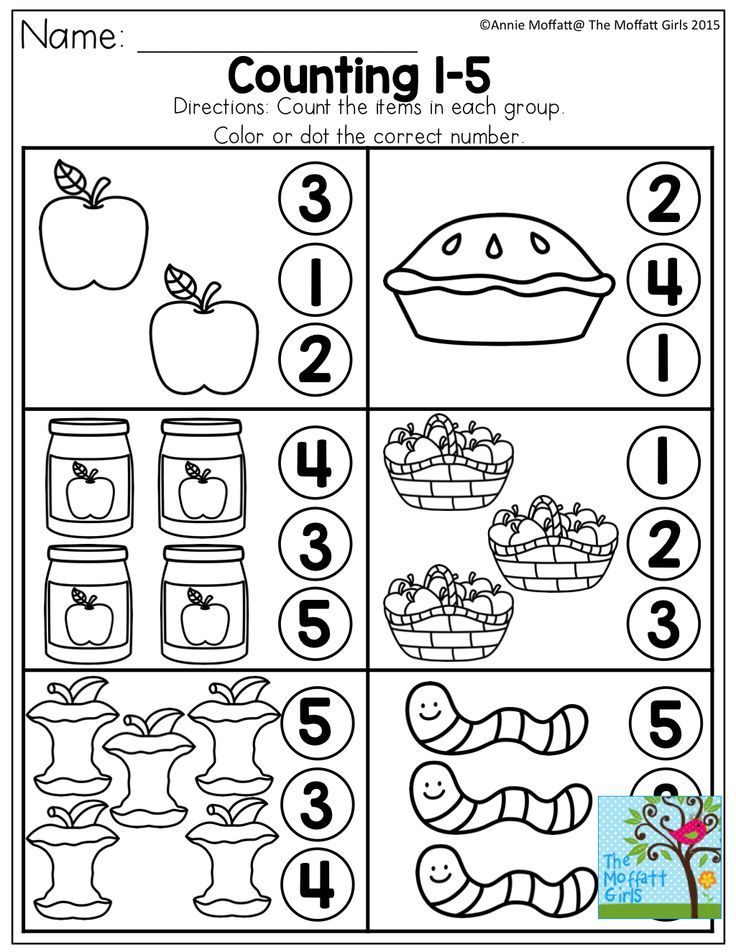
5. During the walk, we go to a nearby kindergarten, observe the children and teachers, commenting on what is happening on the playground to the child: “The teacher plays an interesting game with the children. Look, everyone stood in a circle ... And now the kids lined up in pairs and went to lunch in their group. And we'll go home for dinner."
Since the child does not know what a "kindergarten" is and how to treat it, the task of parents is to form a positive attitude towards kindergarten. The preparation of the parents themselves is very important. Try to talk as much as possible about how you yourself went to kindergarten, what was interesting and entertaining there. You can even make up stories with children who go to kindergarten. And it’s even better to say: “You learn to dress yourself, then you will be accepted!”. What should not be done in any case is to scare the child with a kindergarten and teachers: “When you go to a kindergarten, they will bring you up there” (the following exclamations lay the negative image of a children’s institution: “Why don’t you eat yourself? I’ll send you to a kindergarten, you will remain hungry, and no one will feed you there!", "Pick up the toys yourself! When you go to kindergarten, they won't let you down there!")
6.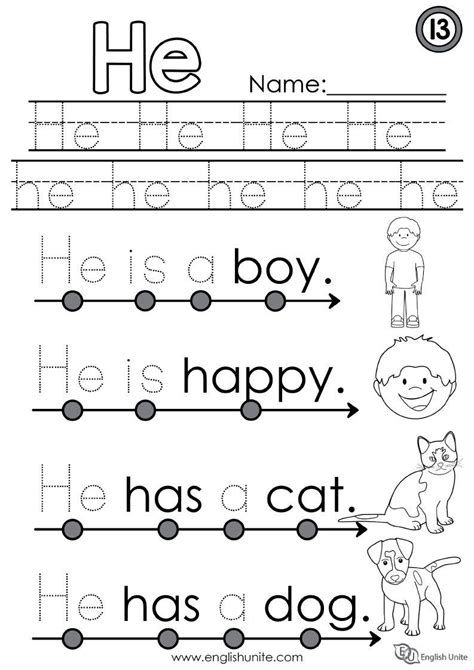 Also, the child is interested, but what about there, inside the kindergarten? After all, if he knows what awaits him within the walls of this institution, then the adaptation will be more successful. Therefore, at home, throughout the preparatory period, we play “kindergarten”. We build a "perimeter" of a kindergarten from any building material, in it there is a "group", "locker room", "bedroom". We call it "kindergarten". We choose animal participants: “teacher”, “children”, a figure of the child himself, etc. Just do not choose figures of aggressive animals for the role of teacher. In the game, we observe the regime moments of a real kindergarten. In the morning, toy animals bring their cubs to the kindergarten, they are met by a teacher. They wash, eat, play, exercise, walk, sleep, in the evening they take all the animals home.
Also, the child is interested, but what about there, inside the kindergarten? After all, if he knows what awaits him within the walls of this institution, then the adaptation will be more successful. Therefore, at home, throughout the preparatory period, we play “kindergarten”. We build a "perimeter" of a kindergarten from any building material, in it there is a "group", "locker room", "bedroom". We call it "kindergarten". We choose animal participants: “teacher”, “children”, a figure of the child himself, etc. Just do not choose figures of aggressive animals for the role of teacher. In the game, we observe the regime moments of a real kindergarten. In the morning, toy animals bring their cubs to the kindergarten, they are met by a teacher. They wash, eat, play, exercise, walk, sleep, in the evening they take all the animals home.
7. Another very useful game is hide and seek, it is worth playing with the whole family. At the first time of visiting the kindergarten, the child is afraid of the “disappearance” of the mother when she leaves his field of vision, and the game creates a message that if a person leaves, he will definitely return.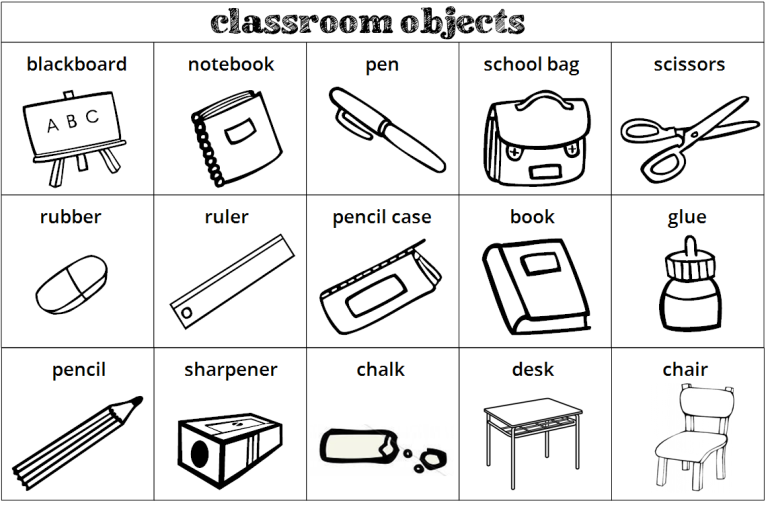
8. In order for the child to fall asleep better in the kindergarten at lunchtime, we buy two beautiful night pajamas together with the child in advance. One set will be used while sleeping at home, and the second in the garden.
If you did not have enough time to implement the preparatory period, then all of the above methods are carried out at the second stage of adaptation.
The second stage - direct adaptation - the first days in the kindergarten. Memo for parents
- Let's go to the kindergarten! Every morning it is desirable that the child be awakened by a toy voiced by the mother, let the toy “wish” the child: “Good morning!”, Tell how she slept and what she dreamed about. You can continue the dialogue on behalf of the toy, then the children dress more willingly and are less capricious.
- The first 2-3 days we bring the child only for a walk with our group for about 2 hours. During this time, he will have time to get to know the teachers and children.
 If possible, it is also desirable to participate in the evening walk. The child should see that parents come for all the children in the evening and they go home together. We pay attention to how moms and dads rejoice at the meeting with their children and how the kids rejoice at this meeting. In the evening we take a walk to the nearest kindergarten and show that it was closed for the night, all the people who work there have gone home, and the kids are now also at home with their beloved parents, and tomorrow morning the kindergarten will open its doors again.
If possible, it is also desirable to participate in the evening walk. The child should see that parents come for all the children in the evening and they go home together. We pay attention to how moms and dads rejoice at the meeting with their children and how the kids rejoice at this meeting. In the evening we take a walk to the nearest kindergarten and show that it was closed for the night, all the people who work there have gone home, and the kids are now also at home with their beloved parents, and tomorrow morning the kindergarten will open its doors again. - In the following days of the first week, we gradually increase the time of stay (the kindergarten specialists will explain the step-by-step scheme to you), but it is not recommended to leave the child for daytime sleep.
- In the second week, on the first day, we still do not put to bed. But the next day we pick up the baby immediately after sleep. On the third day we pick up after 16 hours.
- In the morning we bring the child to the group among the first, calmly and confidentially talk with the teacher.
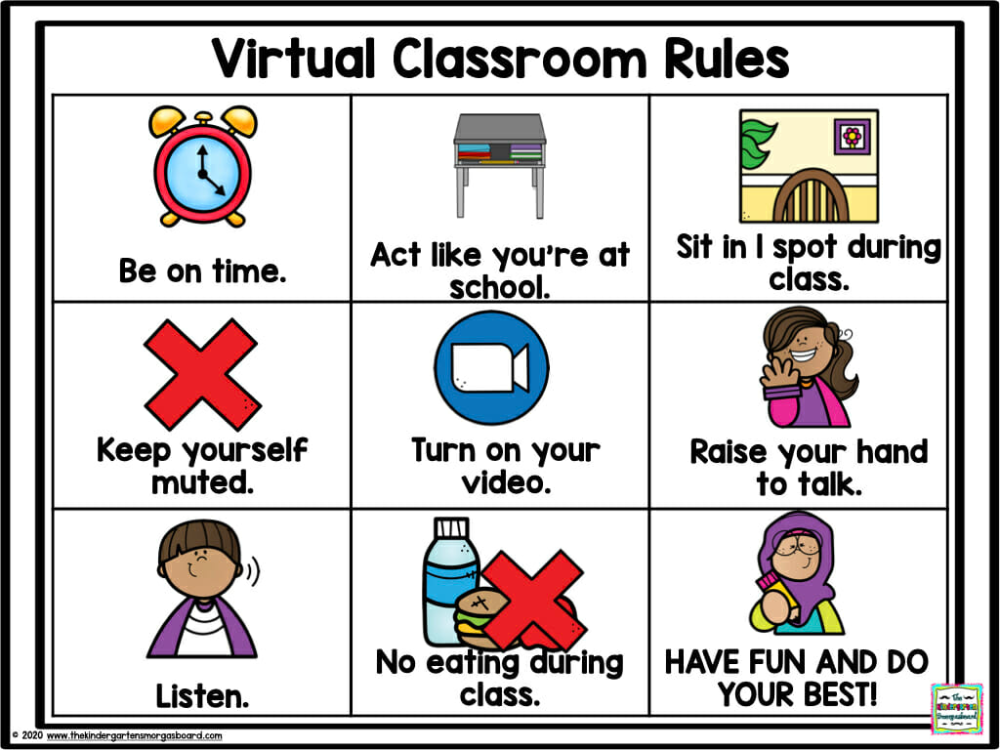 The child, seeing the contact between parents and caregivers, will more easily stay in the kindergarten.
The child, seeing the contact between parents and caregivers, will more easily stay in the kindergarten. - Undressing is not delayed. Preference is given to clothing that is easy to put on and take off. Parting with the baby, we say when we return for him: “I will return when this arrow stops here. During this time, you will have time to eat and take a walk. We definitely keep our promise. Then quickly, but without haste, confidently and calmly, we leave, handing over the child to the caregiver.
- If the baby has difficulty parting with his mother, then it is better if the father, grandmother or nanny will bring him to kindergarten for the first time. You can take a toy with you from home, which will also “go” to kindergarten, and get acquainted with kindergarten toys.
- In the evening we come for the child in a good mood, with a smile, do not show concern, and do not find out if he cried a lot (if the child cries in kindergarten, it is better to find out from the teacher and not in the presence of the child).
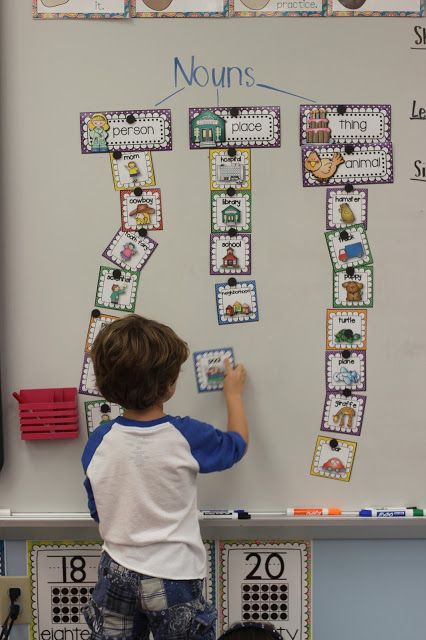 Dressing, we say that we missed our baby very much and remembered him all the time. We praise you for spending time with the children in kindergarten, we are interested in what you managed to do: “I like it so much when you are in a good mood and you smile. I'm happy for you then." If there are any products of the child's creative activity (drawings, crafts) and you can take them home, then be sure to take them, hang them on the wall and update the collection. So the child will feel that he is also doing some important work like mom and dad at work.
Dressing, we say that we missed our baby very much and remembered him all the time. We praise you for spending time with the children in kindergarten, we are interested in what you managed to do: “I like it so much when you are in a good mood and you smile. I'm happy for you then." If there are any products of the child's creative activity (drawings, crafts) and you can take them home, then be sure to take them, hang them on the wall and update the collection. So the child will feel that he is also doing some important work like mom and dad at work. - In the evening and on weekends we pay more attention to the child, we play games together, we draw, we read, we go for walks. In the presence of a child, we tell our friends with pride about what an adult he is, since he already goes to kindergarten. Unflattering conversations about the teachers and children of the group in the presence of the child can negatively affect the adaptation.
In general, adaptation for many children is relatively easy and negative moments disappear within 1-3 weeks.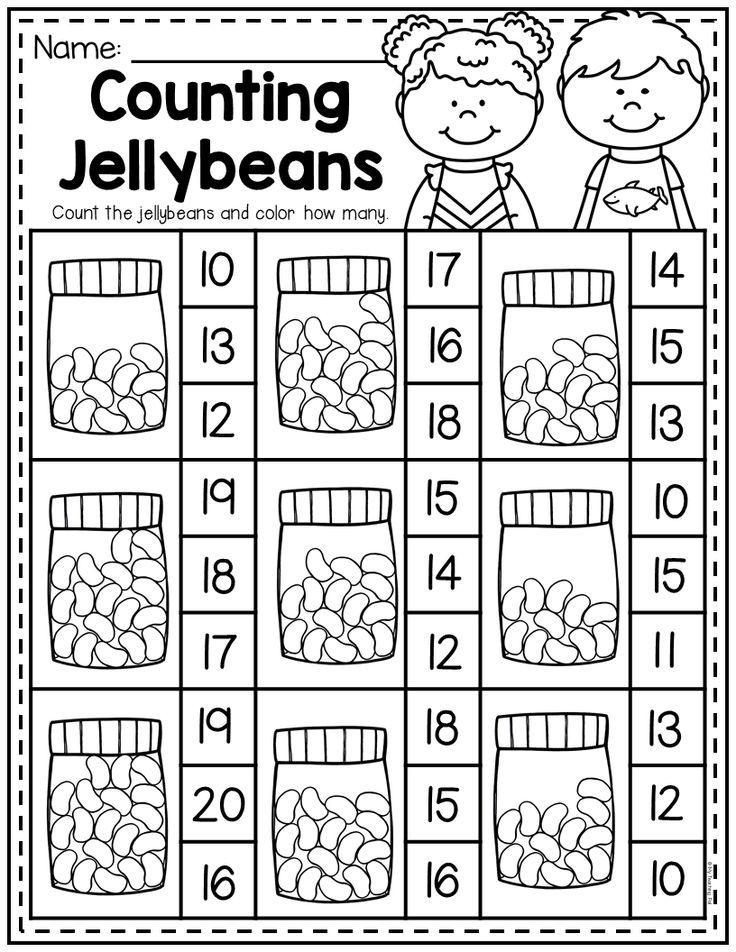 Others are somewhat more difficult and longer.
Others are somewhat more difficult and longer.
But remember, if the child does not attend kindergarten for more than 20 days, you will have to adapt to the kindergarten again. Therefore, try not to take such a long break in attending kindergarten.
What if the child does not want to go to kindergarten?
- Try to talk to the teacher, ask him to watch your child. Perhaps it is the teacher who will tell you what your baby lacks for a relaxing stay in the garden.
- Talk to the child. When picking him up from kindergarten, be sure to ask him how his day went. In such a conversation, he can talk about the reasons for refusing kindergarten.
- Lack of sleep is a fairly common reason for reluctance to get ready for kindergarten and morning tantrums. The sleepy baby himself does not understand what is the reason for his bad mood, but he clearly realizes one thing - he does not want to go to the garden now. If, when you come to pick up the baby, you see him happy, playing and not in a hurry to go home, try adjusting his daily routine.
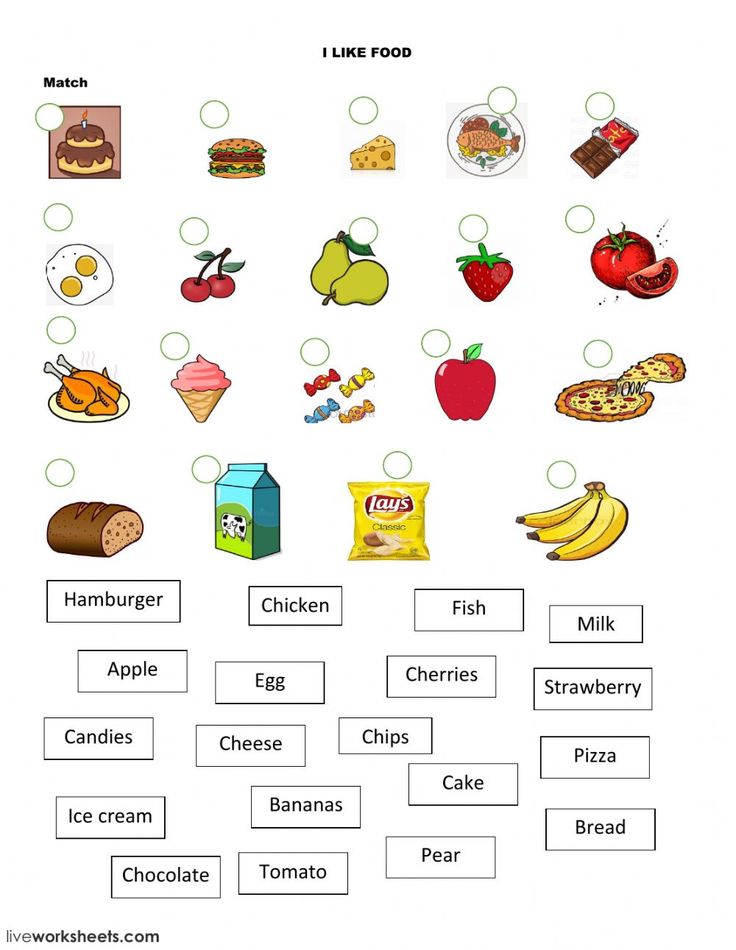 The daily regimen of the child at home and in the kindergarten should coincide as much as possible in the time of eating and daytime sleep.
The daily regimen of the child at home and in the kindergarten should coincide as much as possible in the time of eating and daytime sleep. - If the kid started throwing tantrums about the fact that he does not want to go to kindergarten, you should not swear at him and break loose.
- You can give the kids with you to the kindergarten "assistant" or "a piece of home" in the form of a toy, some kind of small amulet in a pocket that will support the baby until the mother returns. This refers to the question of how to collect a child in kindergarten.
- Call on a fairy tale or a game to help. You can come up with your own fairy tale about how the little bear first went to the kindergarten, and how he was uncomfortable and a little scared at first, and how then he made friends with the children and teachers. You can "lose" this fairy tale with toys. Both in the fairy tale and in the game, the key point is the return of the mother for the child, therefore, in no case, do not interrupt the story until this moment comes.
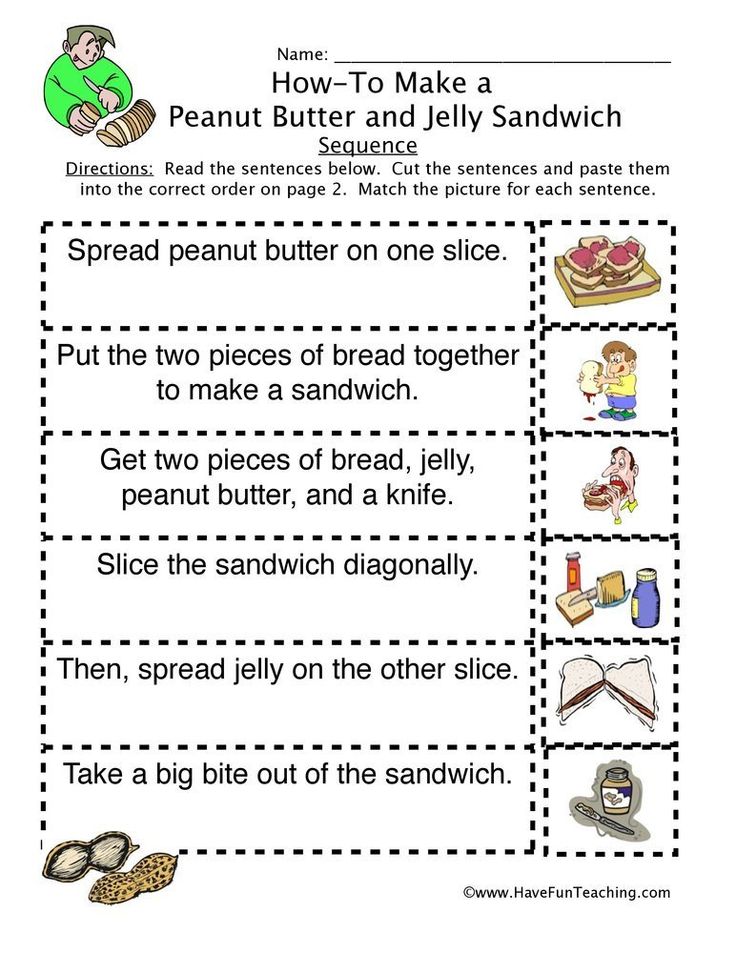 Actually, all this is started so that the baby understands: his mother will definitely come back for him!
Actually, all this is started so that the baby understands: his mother will definitely come back for him! - Avoid common mistakes that, for any reason, the child’s refusal from the kindergarten only exacerbate the problem: do not show the baby your anxiety about the unwillingness of the crumbs to go to the kindergarten, do not scare the kindergarten, do not deceive the crumbs, do not succumb to persuasion and various manipulations, do not criticize the nursery garden and its workers with a child.
- Try to spend as much time with your baby as possible. Dedicate at least one day off to your baby.
The most important thing is your emotional state! Do you accept for yourself that your child will attend kindergarten. If you have a negative attitude towards the kindergarten, feel guilty for bringing your child there, do not want to take (give) the child to the kindergarten, or want to pick it up if you do not expect anything good from the kindergarten, your child will definitely feel the same.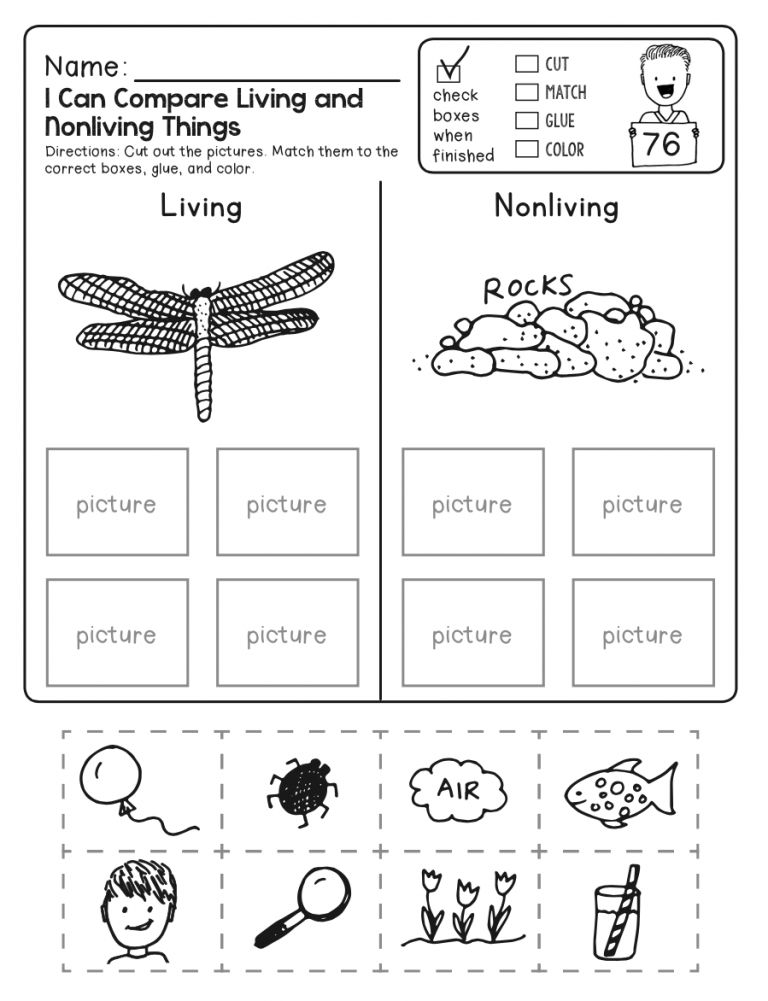 If for you the kindergarten is a new stage in the life of your child, you are sure that it is necessary to visit it, that the child will be fine in it - the same feelings will be transmitted to him.
If for you the kindergarten is a new stage in the life of your child, you are sure that it is necessary to visit it, that the child will be fine in it - the same feelings will be transmitted to him.
Preparing a child for kindergarten
Kindergarten is a new and very important stage in a child's life. A new environment, a new rhythm of life, an unusual environment - a lot of new experiences and, for sure, stress. So that such changes in life do not become a trauma either for you or for the psychology of the child, preparation for kindergarten should be started long before the time comes for the baby to go there. What should be considered when preparing a child for kindergarten?
Certain skills are required for a comfortable stay of a child in kindergarten
The optimal age for a child to get acquainted with kindergarten is from 2 to 4 years. By this age, children have acquired the necessary self-care skills to be in a team and be able to take care of themselves: they already know how to use a potty, drink from a cup, eat independently with a spoon, and at least partially know how to dress and undress.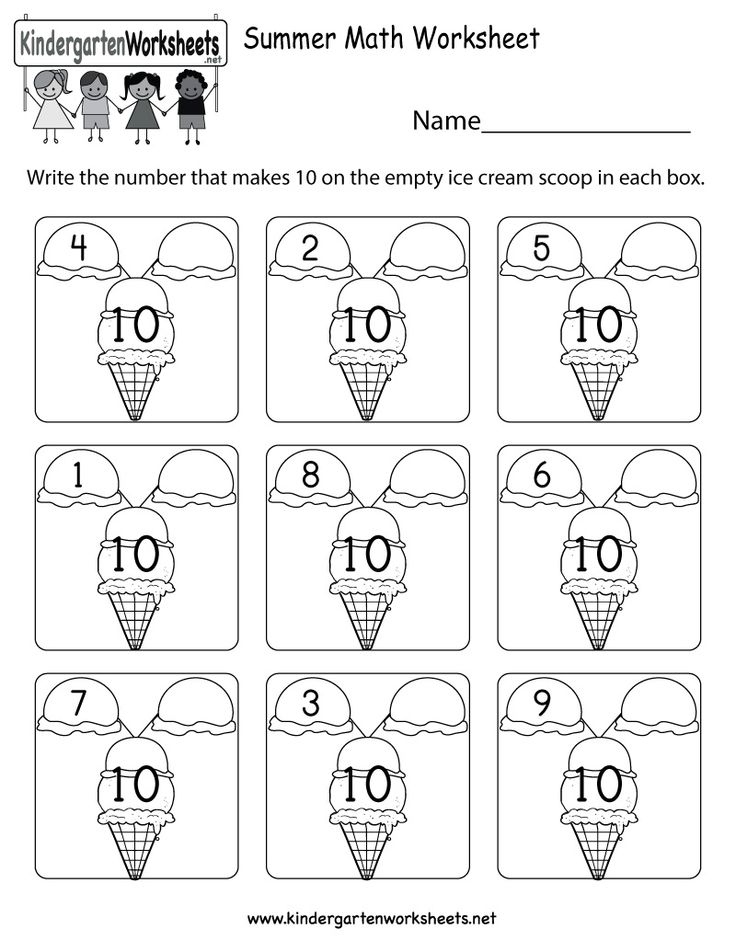 Of course, a child can learn this in kindergarten, but he will feel uncomfortable that other children in the kindergarten already know how to do it.
Of course, a child can learn this in kindergarten, but he will feel uncomfortable that other children in the kindergarten already know how to do it.
Speaking of age, it should be mentioned that at about three years of age, children begin a period of crisis of 3 years. It is important to remember this, to observe your child. At this age, children are aware of their "I" and try to show independence, independence, not being able to evaluate their skills and abilities. It is better to give the child to kindergarten before the crisis or after it.
It is also extremely undesirable to send the older baby to kindergarten immediately after the birth of the younger one. Of course, this will free up a lot of time for mom, but the eldest child will remember for the rest of his life how he was sent to kindergarten so that he does not get in the way and does not interfere with his parents to take care of his brother or sister. The psychology of the child is such that self-esteem after such a betrayal is extremely difficult to raise.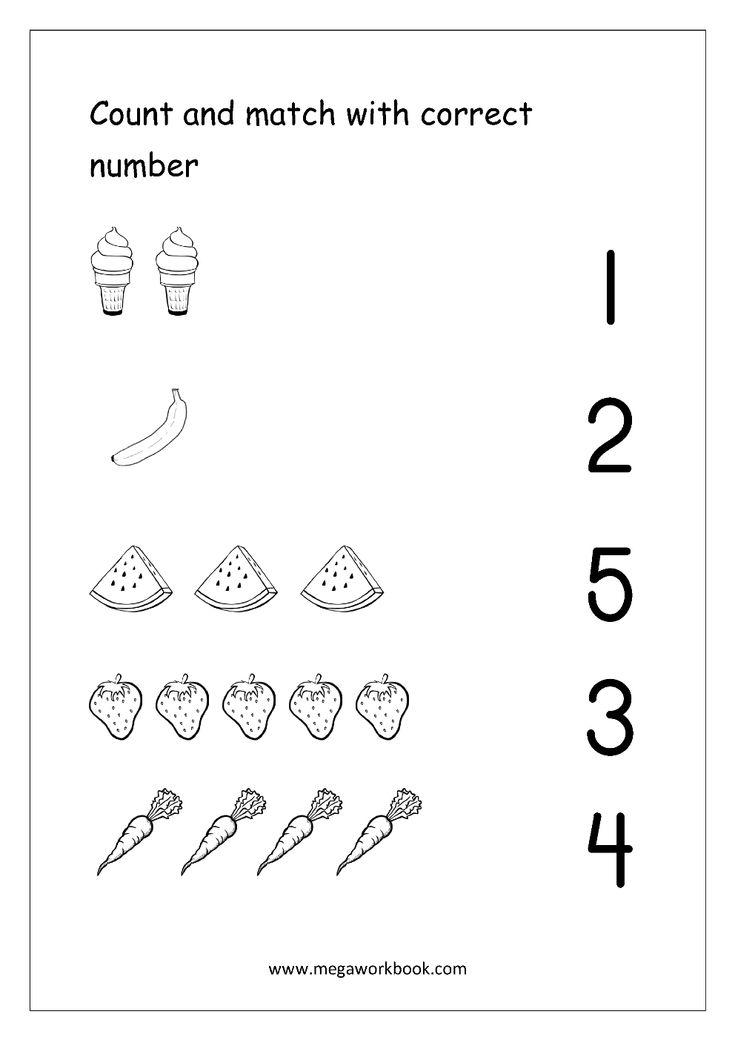 Therefore, if you are expecting a replenishment in the family, send the elder to the kindergarten in advance so that he can get used to it and does not connect these two events for himself.
Therefore, if you are expecting a replenishment in the family, send the elder to the kindergarten in advance so that he can get used to it and does not connect these two events for himself.
The correct daily routine should be set in advance
It is clear that a preschooler needs to get up early, go to bed early and sleep during the day even on weekends, so as not to wean from the kindergarten routine. If these changes in the regime coincide with the beginning of attending kindergarten, then they will bring nothing but negativity and additional stress for the child. Therefore, parents should take care of establishing the correct daily routine in advance.
Do not be too lazy to find out about the daily routine in the kindergarten, for example, when you take the ticket to the kindergarten to the manager. Find out what time you need to bring the child to kindergarten and when the children are put to daytime sleep, and based on this information, adjust the child's daily routine in advance.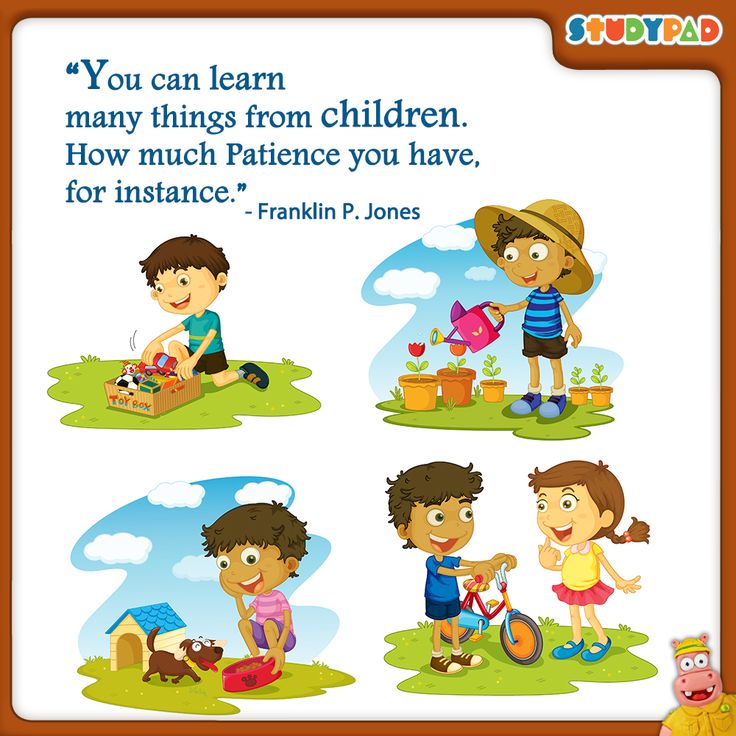 Teach your child to brush their teeth and comb their hair as soon as they wake up. If before you had a different way, then even such a seemingly insignificant change introduced in the first days of being in kindergarten can upset the baby.
Teach your child to brush their teeth and comb their hair as soon as they wake up. If before you had a different way, then even such a seemingly insignificant change introduced in the first days of being in kindergarten can upset the baby.
Pay attention to the emotional mood of the child
To prevent the child from being shocked to suddenly find himself in kindergarten, show pictures from books and magazines that depict children in kindergarten, films and cartoons, tell different interesting things about kindergarten stories so that he waits for that moment when he goes there. “Now, when you go to kindergarten, there will be other children…”. Try to give a positive attitude to the child on the perception of kindergarten. Tell him about life in kindergarten: about toys, walks, parrots and fish, as well as about the regimen, nutrition and sleep. Let the baby see that other children of his age also go to kindergarten, communicate and have a wonderful time together there.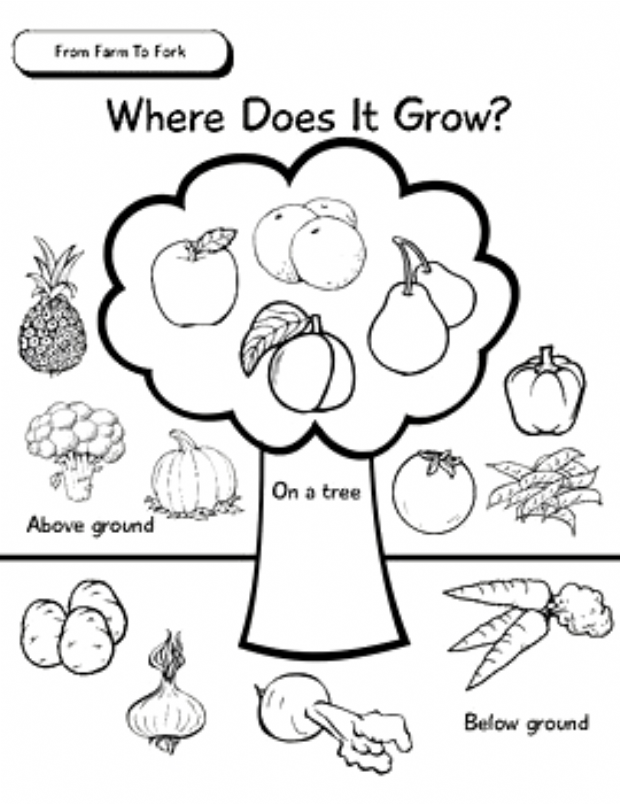 Tell your child more often that you are proud of him: he has become so big, grown up, he will soon go to kindergarten! Emphasize this in conversations with relatives and friends so that the baby can hear it.
Tell your child more often that you are proud of him: he has become so big, grown up, he will soon go to kindergarten! Emphasize this in conversations with relatives and friends so that the baby can hear it.
Social preparation is important for a child's comfortable existence in a team
In the kindergarten, the child not only develops physically and intellectually, he also learns the norms of behavior in society. Therefore, it is important that the baby already has an idea about the norms of behavior - he must understand the prohibitions, obey adults, observe discipline and a clear daily routine established in kindergarten. It is not at all difficult to prepare a child for this, it is enough to make a certain daily routine for the baby and stick to it relentlessly. Gradually adjust your home routine to match your kindergarten routine.
The ability of the child to communicate with other children, to be able to share or exchange toys, not to take toys from other children and not to fight with them.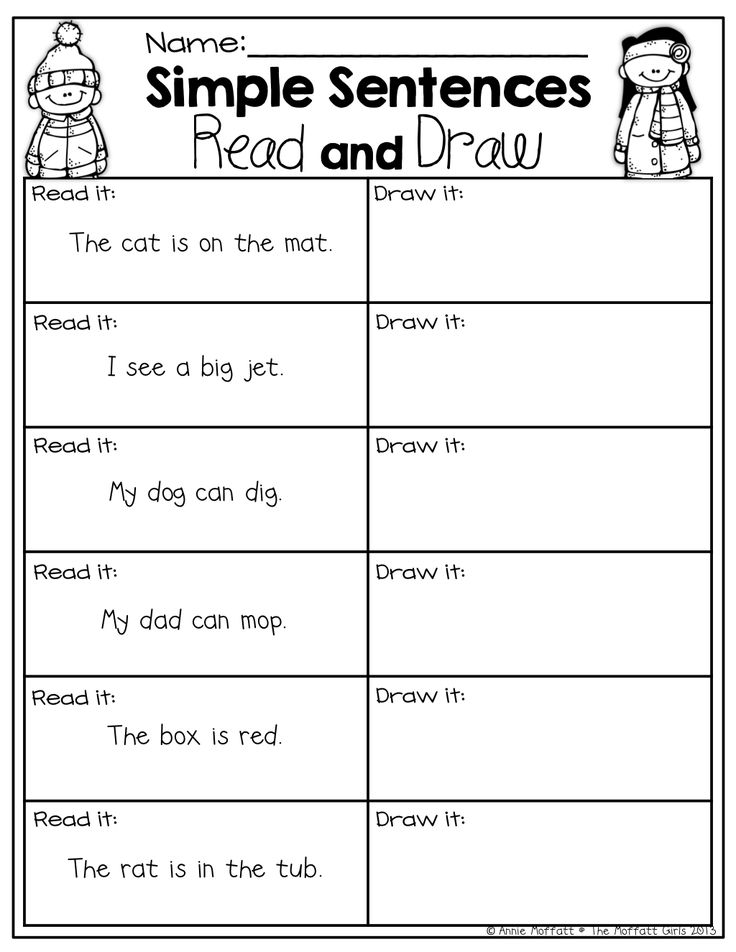 The kid must understand that you can’t offend other children and let yourself be offended. Even if the baby is quite sociable, you need to understand that preparing a child for kindergarten takes time, and this is not a month or two, but at least six months. Spend more time on the playgrounds, visit friends with small children. It is good if the child's social circle includes children who already go to kindergarten.
The kid must understand that you can’t offend other children and let yourself be offended. Even if the baby is quite sociable, you need to understand that preparing a child for kindergarten takes time, and this is not a month or two, but at least six months. Spend more time on the playgrounds, visit friends with small children. It is good if the child's social circle includes children who already go to kindergarten.
Ability to communicate with caregivers. An unprepared baby, accustomed to being close to his mother all the time, will experience great stress from the need to be in an unusual place (kindergarten) with strangers (caregivers) and obey them. To make it easier for a child to get used to being in kindergarten, you need to expand his social circle, visit him more often, invite guests to your place. It is important that the child learns that there are other adults besides mom and dad, and learns to communicate with them. Try at least sometimes to leave the child with unfamiliar people (this may be a grandmother who rarely comes to you, or your close friend) for a few hours so that he understands that close people can not always be there, and there is nothing wrong with that.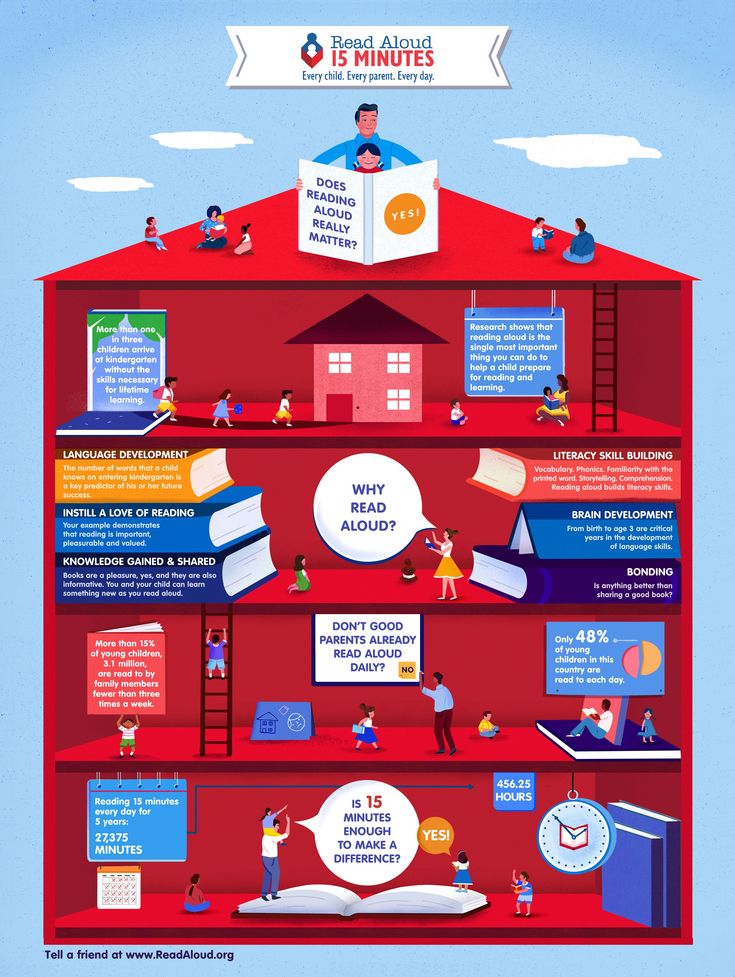
The child's psychological readiness for the absence of parents is also important. The task of parents is to accustom the child to your absence in advance. Going to kindergarten, the child should know that he is not going there at the whim of his mother or grandmother, who no longer want to sit at home with him, but for a very good reason. If the baby has an example of a working dad in front of his eyes, then you can explain to the child in advance that the mother is also now going to work to earn money and buy this and that, which otherwise cannot be purchased. The main thing is that the child is convinced that by attending kindergarten, he thereby fulfills the most important mission and provides parents with invaluable help, which, in general, is not far from the truth. Realizing the importance of being in kindergarten will greatly simplify the process of adapting a child to kindergarten and reduce the intensity of emotions during parting. Now the child knows why he goes to kindergarten.